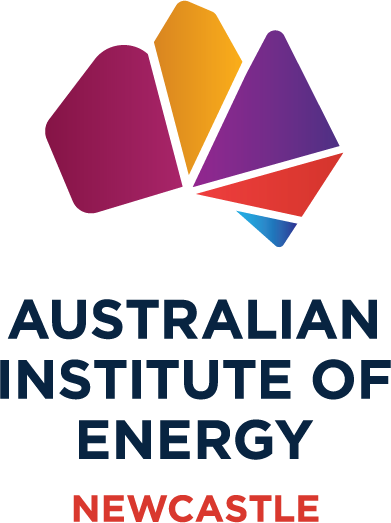GlobH2E Webinar Series with Dr Alexandr Simonov
The GlobH2E webinars feature Australian and international expert speakers covering a range of topics related to the hydrogen economy.

The inaugural speaker for the series is Dr Alexandr Simonov (Sasha) from Monash University. Dr Simonov is an Australian Research Council Future Fellow at the School of Chemistry, Monash University.
Research in his group is aimed at designing and understanding new methods to generate and use renewable solar electricity for the sustainable chemistry technologies, in particular for water electrolysis and transformations of inorganic N-compounds, using in situ spectroelectrochemical methods and advanced electroanalytical techniques.
Catalytic electrooxidation of hot acidic water: the stability challenge
Sustainable production of hydrogen gas through electrolysis of water with acidic electrolytes at elevated temperatures presents many important technological advantages, including very low resistance losses, high product purity and favourable conditions for the H2 evolution at the cathode. The remaining challenge of this mode of electrolytic water splitting is the anode process, viz. electrooxidation of hot water to O2 under acidic conditions, which is challenging in terms of both activity and long-term stability of the catalytic layers. Even the state-of-the-art systems based on the prohibitively scarce and expensive iridium undergo continuous and irreversible degaradtion in operation. Aiming to address this problem, we investigate and apply the so-called “catalyst-in-matrix” concept to develop iridium-free catalysts for the oxygen evolution reaction that operate on a timescale of weeks in liquid acidic electrolyte solutions at pH down to 0 and temperatures up to 80 °C. The best-performing materials of this family enable the industrially relevant water oxidation rates of 0.5 A cm-2 at overpotentials below 0.7 V. The talk will present a range of “catalyst-in-matrix” systems and will discuss their modes of operation, including insights from the specialised electrochemical and in situ spectroelectrochemical studies.












